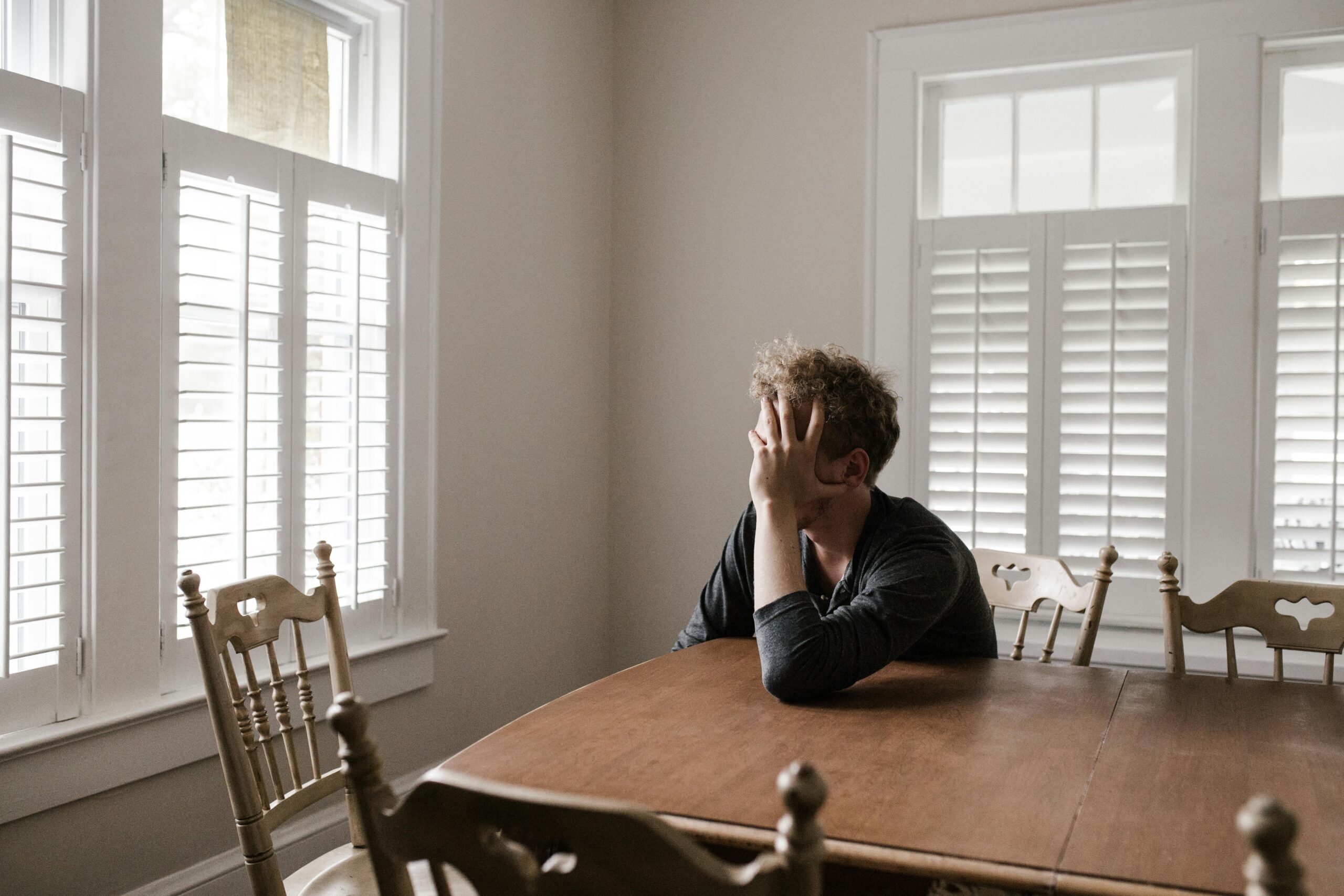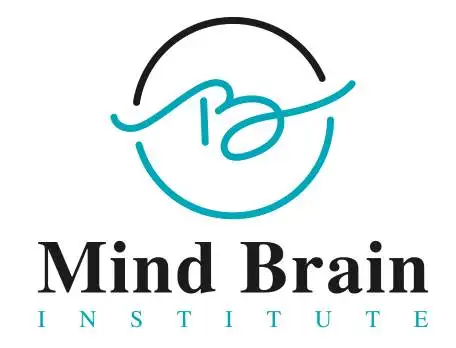
- Posted By Dr. Anuranjan Bist
- Comments 0
Why Recognizing the Symptoms of Depression Matters
Upon waking up at sunrise, you just feel fatigued. You mindlessly scroll your cell phone and feel hollow. The little comforting tasks now feel like mountains of burdens. You whisper to yourself, “It’s just a bit of stress – it will pass.” Weeks pass and then months, and still the fog in your head is as thick as ever.
In case this is the scenario with you, then not only you but the majority of the people, in fact, have to go through the steps of depression without knowing the cause.
To put it, depression is not the same condition for every single person. It does not always show up as tears or being sad. It can look like whining, lethargy, disinterest, or random aches and pains in the body without explanation. These thoughts barely register with our bushy and coddled noses that crazy-make us believe “If I can just endure a little more, it’ll all be okay.
The National Institute of Health (NIH) states that one in six people will experience depression in their lifetime. The good news is that if we catch and treat it early enough, most people can live a completely healthy life.
Here, we will discover how symptoms of depression occur in terms of emotion, physiology, and behavior. So that we can recognize the early signs and get help in time.
Emotional Symptoms of Depression
Depression commonly occurs gradually, well before it begins to affect your behavior or physical sensations. At times, it will alter your emotional landscape so gradually that you don’t realize it.
Consistent Sadness or Low Mood
Feeling sad once in a while is a normal thing. But if the sadness continues for weeks, and mornings are like hell, and happiness seems impossible, it can be a signs of depression that is coming your way.
Loss of Interest or Enjoyment
Gone are the days when you would be excited to listen to music, eat good food, engage in your hobbies, or hang out with friends. Now they feel like a chore, and that dull feeling (anhedonia) is a symptom of depression.
Hopelessness or Helplessness
The question “why?” may feel like it is haunting your thoughts. Your mind is losing its healthy processing ability, and positive thinking may not help.
Irritability, or Anger
In teenagers and guys specifically, depression will occasionally take the form of irritability or short temper rather than sadness. They’re mood symptoms of depression, not flaws in your personality.
Guilt or Worthlessness
Self-blaming or guilt-tripping others are definite emotional warning signs that depression is destroying your image of yourself.
When your feelings begin to feel numb, shaky, or just plain on the loose, it ain’t you; your brain needs some help. Listen to that first hint of change, and it can be the beginning of recovery.
Physical Symptoms of Depression
What happens in your mind will often impact your physical body and vice versa. When the mind is troubled, the physical body will be the first to complain.
Sleep Disturbances
Sleep utilization is also considered an indicator of depression, as noted in the following.
- Insomnia: Either difficulty falling asleep, waking in the wee hours, or waking too early.
- Oversleeping: Some individuals do sleep a lot and still wake up tired.
Appetite and Weight
Changes in appetite/weight, or unexplained weight loss or gain, are another oftentimes unnoticed symptom of depression.
Fatigue and Low Energy
You might refer to it as “trying to run through mud.” Tasks as simple as cooking, showering, and reading a text message can feel like an exhausting project.
Aches, Pains, and Digestive Discomfort
Chronic headaches, muscle tension, or belly pain without a medical basis also become apparent. Research has proven that depression takes over the body’s pain mechanisms and the stress system, and thus makes the sensations much too real.
These physical expressions of depression remind us that mental illness is always “not in the head.” Body and mind are monolingual, and pain in one will reverberate out in the other.
Behavioral Symptoms of Depression
Depression sneaks up on us through what we do or don’t do. That behavioral change will usually occur before folks even notice anything else being amiss.
Social Withdrawal
Avoiding friends, not responding to calls, or canceling important plans can seem like good care, but are most likely symptoms of depression.
Loss of Job or School Performance
Getting confused in thinking, forgetting, or not being able to get things done by the proper time can be behavioral signs that something is amiss.
Loss of Motivation
The dishes and laundry accumulate. You promise you will get them done “tomorrow,” but tomorrow is another day.
Numbing or Destructive Behaviors
Mild and prolonged pain can be numbed by using various substances and vices like drinking, smoking, or engaging in risky behaviors. They may give one temporary relief, but eventually, these will add more to the depression.
Behavior is the external manifestation of distress. Whenever your rhythms or energy change, it is always a good idea to stop and ask yourself, “What might my mind be saying?”
Subtle or Hidden Signs of Depression
There are signs of depression that whisper so quietly you might not realize they are occurring.
- Indecisiveness – small decisions now become too overwhelming.
- Memory issues – you read a sentence repeatedly but cannot recall it.
- Restlessness – restlessness, pacing, or restlessness.
- Slowness of speech and thought – effort to speak, cloudy thinking.
- Sudden crying – tearfulness for no apparent reason.
When daily routine begins to feel a bit “off” in some indefinable way, that low-grade sensation of distress is one to take heed of. Depression most often is burgeoning strength in whispers before it arrives in thunderings.
How the Symptoms of Depression Vary Across Individuals
Depression is not a single face. Depression wears several faces. To recognize the many faces together means depression cannot be stigmatized or misunderstood.
Men
Men hide depression as workaholism or irritability. They’ll complain about being tired or having a sore back, but not blue. Bluffing to confront depression isn’t cowardice, it’s courage.
Women
According to study, women are twice as likely to get depressed as men, especially during hormonal changes like pregnancy, childbirth, or menopause. The depressive symptoms in women are often guilt, crying, or self-blame.
Teenagers
Rebellion, withdrawal, or laziness are the ways depression appears in teenagers. Low marks at school, restlessness, or addiction to the internet are warning signals that need not be overlooked.
Older Adults
Depression in older adults will present as loss of memory or somatic complaints. Everyone mixes it up with pre-dementia or aging, and therefore, treatment is avoided.
Knowledge of the way depression presents differently in different people means no one suffers in secrecy because it is secrecy that makes depression multiply.

When to Seek Professional Help
If you have been noticing and dealing with any of the symptoms of depression for two weeks or more, or if you are noticing that your depression is just starting to interfere with your household duties, work, or basic sleeping patterns, it is time to reach out for professional help.
The good news is that you can recover from depression and be totally cured. With treatment, almost 80% of individuals get significantly better with therapy, medication, or newer brain-based treatments.
Treatment is comprised of:
- Therapy: Mindfulness work or Cognitive-Behavioral Therapy (CBT) addresses a change in thinking.
- Medication: Physician’s medicine to calm the brain.
- Brain-Based Treatments: New-technology treatments such as TMS, Neurofeedback, and HRV Biofeedback, provided by the Mind Brain Institute, cure without surgery.
- Lifestyle Care: Exercise, sun, healthy eating, and restful, wholesome sleep are easy aids to long-term recovery.
Do not delay in getting treatment. It is not a weakness! It is a strength. Being treated early tends to make treatment easier, briefer, and stronger.
FAQs on the Symptoms of Depression
Can depression just feel like tiredness?
Yes. Chronic fatigue and just keeping on, even after one rests, is also one of the most common signs of depression.
Is depression always caused by stress?
No. Stress can trigger it, but biology, genetics, and life history enter in as well.
Is there just such a thing as pain as a symptom?
Yes. One tends to complain first with sorrow and then afterward realize it was due to depression.
How do I know if it is depression or stress?
Stress disappears the moment the cause is away. Depression still hangs around mood, energy, and motivation weeks after that.
By realizing these responses, you can be certain depressive signs never appear obvious, but are always there.
Conclusion
Depression is not ignorance but an illness to be noticed and healed. Depression symptoms are your humble request to the mind for healing and compassion.
At the Mind Brain Institute, we blend science with empathy to help you find clarity and balance again. With the advanced treatments such as TMS, Neurofeedback, and HRV Biofeedback, we provide the brain with what it needs to heal itself.
As we have been told, “The darkest hour comes before dawn.” Recognizing the indicators of depression is like seeing that first competitive ray of light at dawn, during which hope and healing can begin to return.
You do not have to go through this alone. Speak with someone you can trust and ask for help. Take the first step toward feeling better, because every mind wants care, warmth, and opportunity for complete healing.

